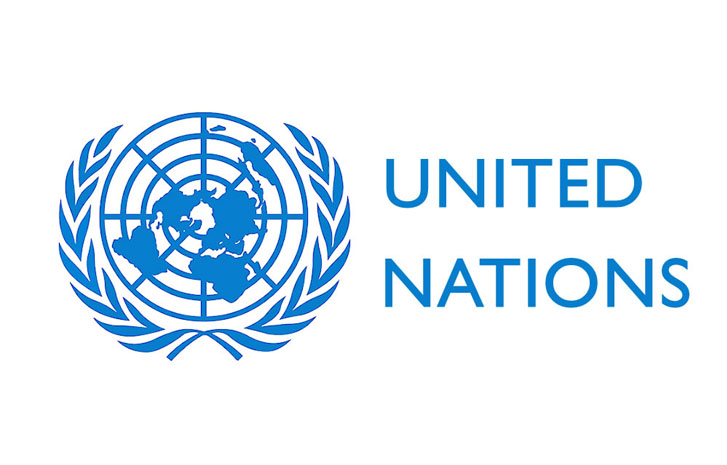Africa is currently losing about 80 billion dollars annually through Illegal Financial Flows (IFFs), with Nigeria accounting for 17 billion dollars or 21 per cent of the figure, a UN conference heard on Friday in New York.
Illicit financial flows are illegal movements of money or capital from one country to another through tax evasion, money laundering and smuggling, among other avenues.
The development, announced at an international conference hosted by the UN has prompted Nigeria to push for the international community to simplify the process of tracing, recovering and repatriating IFFs to their countries of origin.
Nigeria’s position was canvassed at a high-level meeting on “International Cooperation to Combat Illicit Financial Flows and Strengthen Good Practices on Assets Return” , held at the UN headquarters.
The country’s position was presented by Prof. Bolaji Owasanoye, the leader of Nigeria’s delegation and Chairman of the Independent Corrupt Practices and Other Related Offences Commission (ICPC) at the meeting, facilitated by the UN General Assembly.
Owasanoye said that Nigeria was “particularly concerned about the challenges posed by the increasing scope and complexity of IFFs and the slow pace of the process of recovery and return of assets of illicit origin”.
According to him, IFFs are a shared concern that require global solution as institutional reforms at the domestic level alone cannot effectively solve the problem.
The ICPC boss said: “the success of Nigeria’s efforts at combating illicit financial flows has been rightly acknowledged by the international community.
“Our experience shows that IFF is a shared concern that requires global solution, strong political will and support by governments of destination countries to combat.”
He said the international community should demand political commitment at the highest levels of government.
“Global standards should include mandatory national inter-agency cooperation and information sharing by law enforcement agencies and tax authorities to combat IFFs and corruption.
“The effectiveness of such inter-agency cooperation should be amenable to assessment and evaluation of designated global monitoring agencies.”
Owasanoye expressed Nigeria’s support for the establishment of implementable international norms and rules to comprehensively address all aspects of IFFs.
Earlier in her remarks, the President of the UN General Assembly, Ms María Espinosa, said that illicit financial flows were negatively impacting the lives of millions of people around the world.
According to Espinosa, financial resources are taken from investments in health, education, housing, infrastructure meant for the well-being of people, leading to inequality and poverty.
She noted that illicit and illegal activities such as tax evasion, corruption and other crimes often affected economic stability.
The UNGA president also called for the political will to tackle corruption in all ramifications, adding that more must be done to fight illicit financial flows to recover assets and to pay them back to where they belonged.
During a panel discussion, the Chairman of the Federal Inland Revenue (FIRS), Mr Babatunde Fowler, listed different aspects of IFFs to include tax evasion/avoidance and dodging customs duties and levies imposed by government on services.
Fowler highlighted several initiatives by the Federal Government through the FIRS and other agencies, to combat the menace.
Other members of the Nigerian delegation are the Chairman of the EFCC, Mr Ibrahim Magu, and the Director-General of the Nigerian Financial Intelligence Unit (NFIU), Mr Modibbo Hamman-Tukur.
The meeting was part of the “Prosperity Week”, a series of events organised by the UN General Assembly on inclusive development and socio-economic inequality.
Several UN agencies and specialists from civil society participated in the interactive sessions of the meeting.
(NAN)

